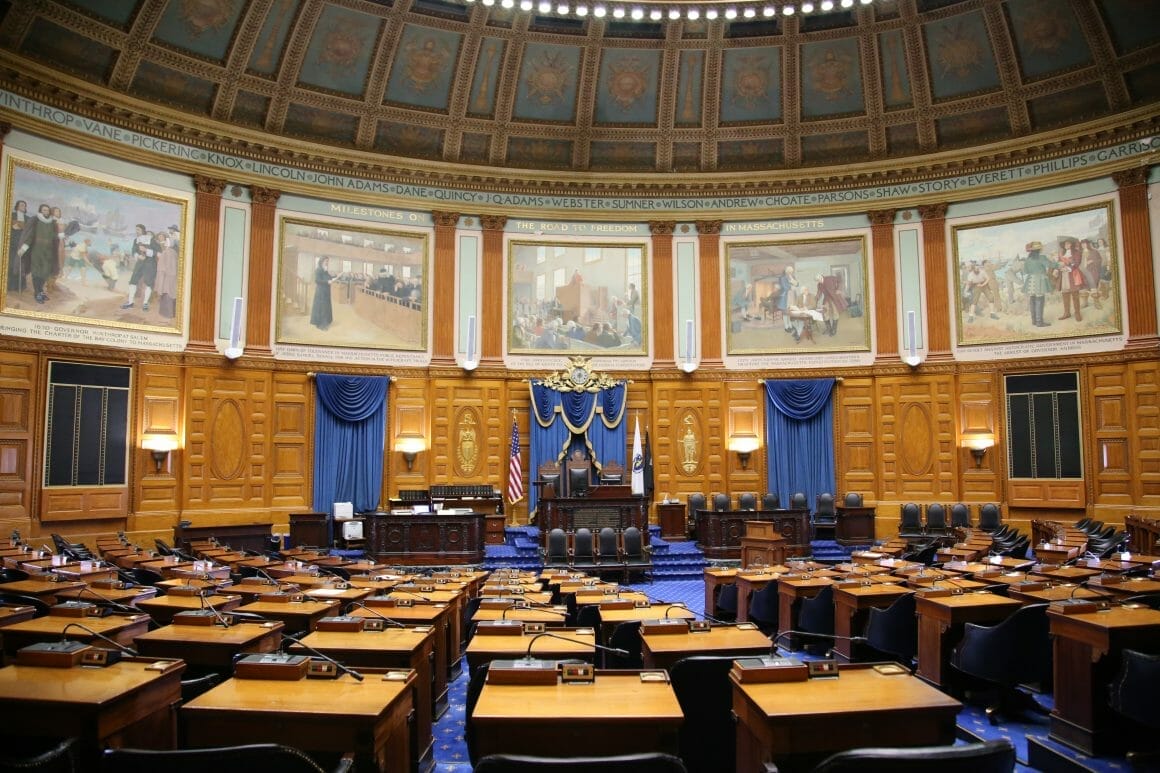On Tuesday, The U.S. Supreme Court in Massachusetts simplifies income tax rules for remote workers. The end of the state of emergency will imply the end of tax regulations for nonresident remote workers.
Debate On Remote Workers Income Tax
Last October, New Hampshire accused Massachusetts of violating the U.S. Constitution imposing income tax on remote workers. Massachusetts local government required taxes on nonresidents during the pandemic. The obligations for regulation impose income tax from March 2020 to 90 days after the end of the state of emergency (September 13).
As Massachusetts Council states: “The regulation’s sunset, while not unexpected in that it is contemplated by the regulation’s very terms, underscores the arguments why this dispute fails to rise to the level of grave importance warranting exercise of the court’s original jurisdiction.”
New Hampshire doesn’t impose the same income tax on salaries, especially on nonresidents. At the Supreme Court, Massachusetts officially replied against New Hampshire’s arguments. In addition, Massachusetts claimed that its temporary regulation must satisfy 1977’s Complete Auto Transit v. Brady.
After months of debate, the Massachusetts council is winding down tax rules for remote workers. In the meantime, other states are already claiming the end of the sourcing rules. Following remote work trends, most companies are opting for hybrid models and state are adapting their regulations around it.






